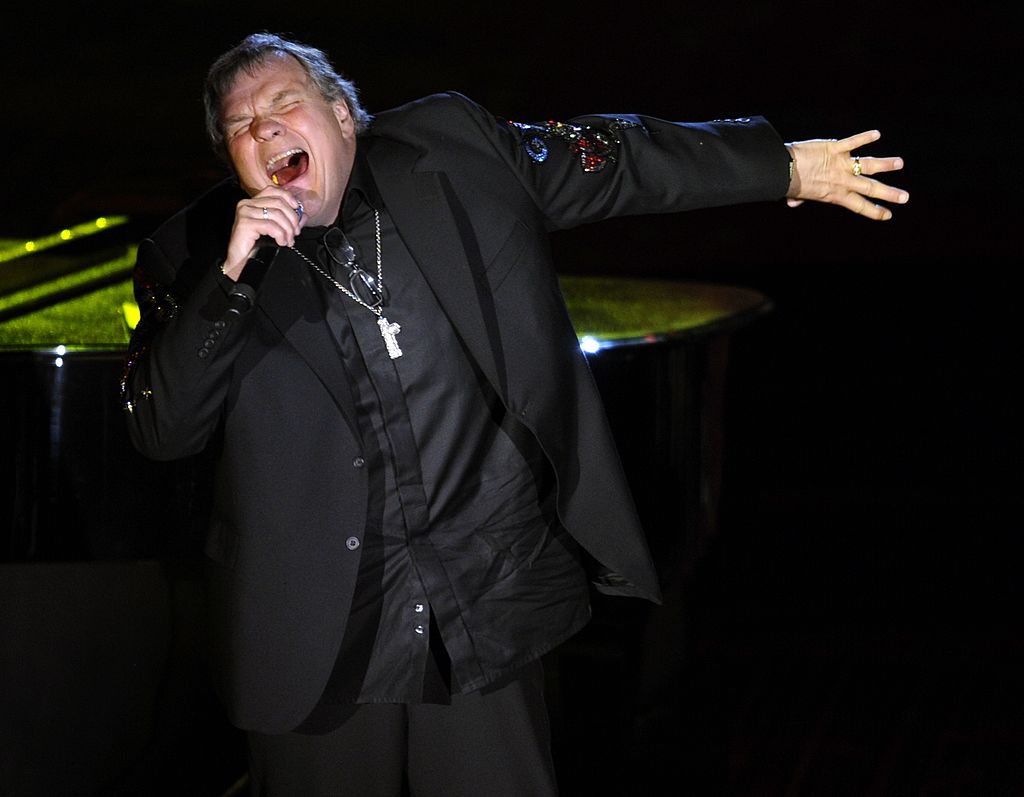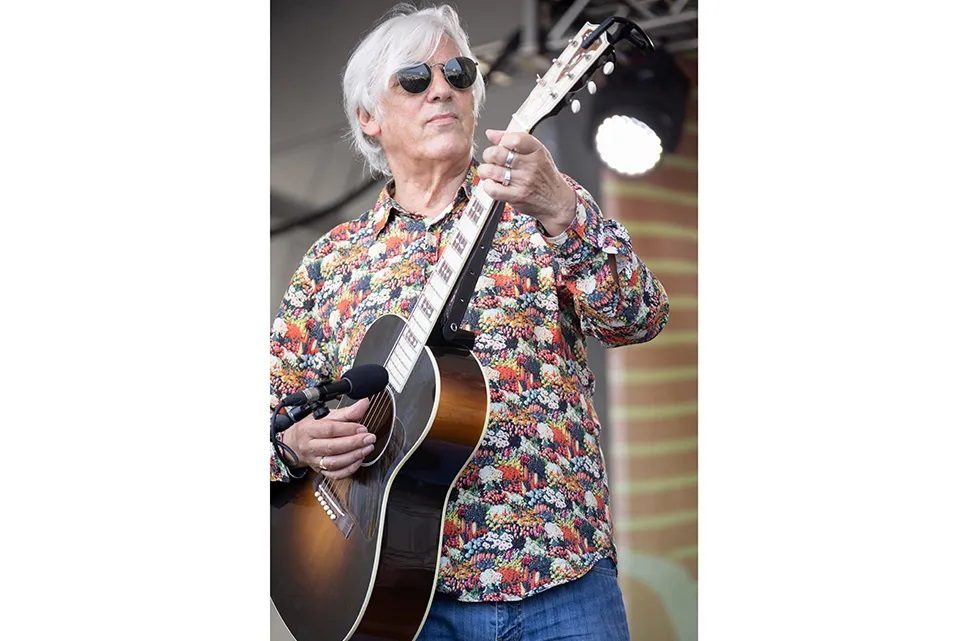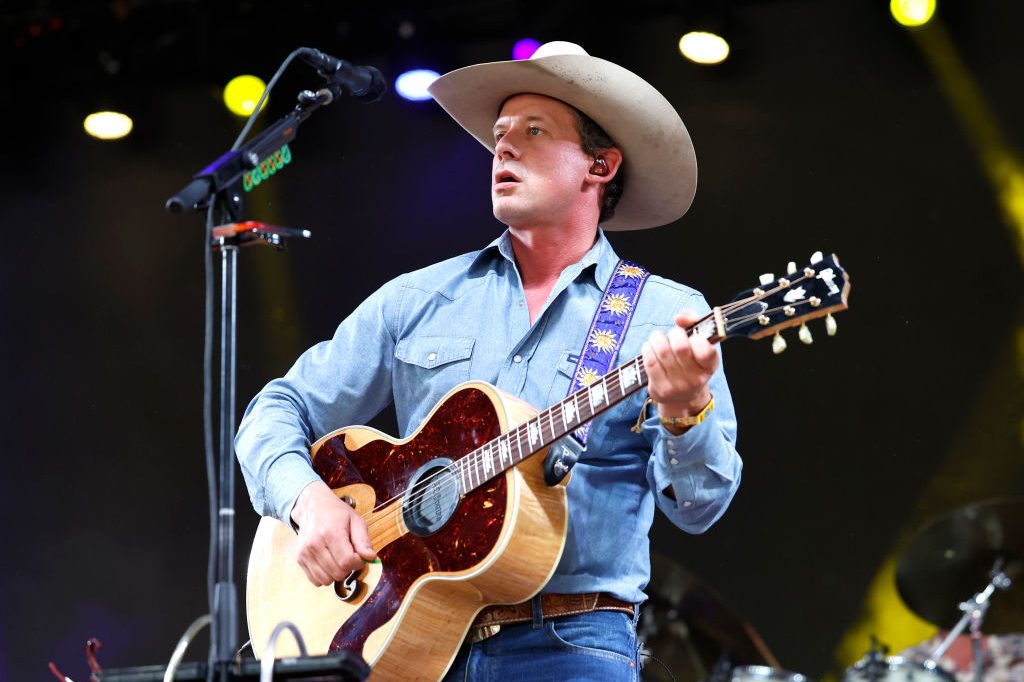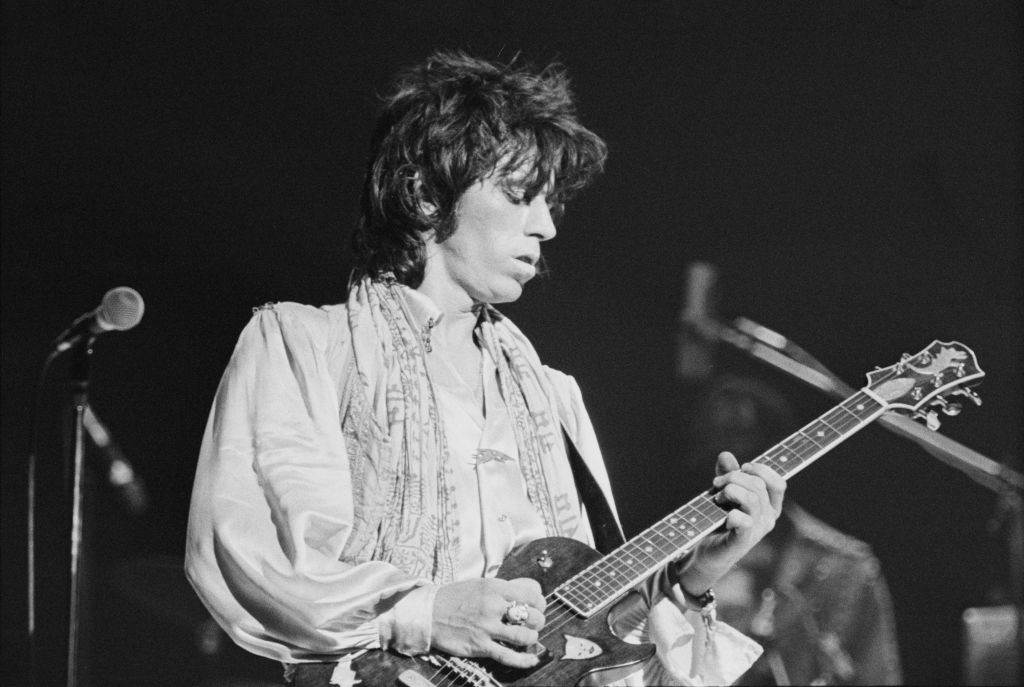The death of the singer and actor Meat Loaf at the age of seventy-four may not have been wholly unforeseen, but it has nonetheless led to great sadness. The artiste born Marvin Lee Aday engendered enormous affection from both his peers and his millions of admirers. His music and outsized stage persona had a heroically go-for-broke quality that was mirrored in his offstage existence by bankruptcies and a rollercoaster career. But his records sold millions, and, almost as an afterthought, he appeared in some of the major cult films of the twentieth century.
A music journalist once christened him “the uncoolest man in the universe” for releasing the album Bat Out Of Hell, a collaboration with Jim Steinman, in 1977. It was a time in which punk and rebellious music were all the rage, and a bizarre, dramatic rock opera with a nearly ten-minute-long title song seemed like the last thing anyone should have produced.
But what made Meat Loaf such an endearing figure (and, not coincidentally, ensured that the album sold as many as 40 million copies, making it one of the most successful ever released) was that he committed to Steinman’s vision without the irony or detachment that would have rendered it laughable. For all intents and purposes, Meat Loaf was the bat out of hell.
He had already achieved some recognition thanks to his appearance in the cult film The Rocky Horror Picture Show in 1975, in which he played Eddie, the ex-delivery boy, and sang “Hot Patootie — Bless My Soul” with appropriate vigor and energy. But Bat Out Of Hell lifted him up into another stratosphere altogether. It might have led to a perennially stellar career, were it not for the fact that he fell out with Steinman over money in the early Eighties and found himself mired in bankruptcy, as he recorded one mediocre album after another. His film appearances were largely lackluster character roles, and it seemed for a long time as if he would be remembered as a spectacular one-hit wonder.
Three things came to his rescue during the Nineties. First, he took on a cameo as a doorman in Wayne’s World, and the film’s success helped many to remember who he was.
He was then resurrected as a singer by his next collaboration with Steinman, 1993’s heroic Bat Out Of Hell II: Back In to Hell, which announced its bona fides with its legendary hit single “I Would Do Anything For Love (But I Wouldn’t Do That).” Although it was never clear what, exactly, Meat Loaf wouldn’t do for love, the dynamic pop opera of the song saw it become a massive hit, going to number one in twenty-eight countries. Far from coincidentally, it brought a sense of drama and dynamism to a music industry that had sorely lacked such pizzazz since the death of Freddie Mercury in 1991.
And finally, he appeared in a significant supporting role in David Fincher’s cult hit Fight Club as Bob, a body builder and survivor of testicular cancer. His performance, simultaneously poignant and hilarious, showed he could have had a successful career as a character actor, if musical fame had never been an option.
Meat Loaf was always something of an acquired taste, rather like the food that he took his stage name from. (Ironically, he gave up meat for nearly the entirety of the Eighties, after feeling that he had succumbed too strongly to self-parody). But he was the most entertaining of showmen, whose allure and appeal lay in his full-throttle, no-holds-barred chutzpah. One did not look to him for subtlety, but an undiluted expression of Big Rock Drama, which he delivered in spades. He, and his glorious three-octave voice, will be much missed.

























